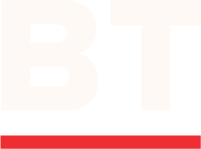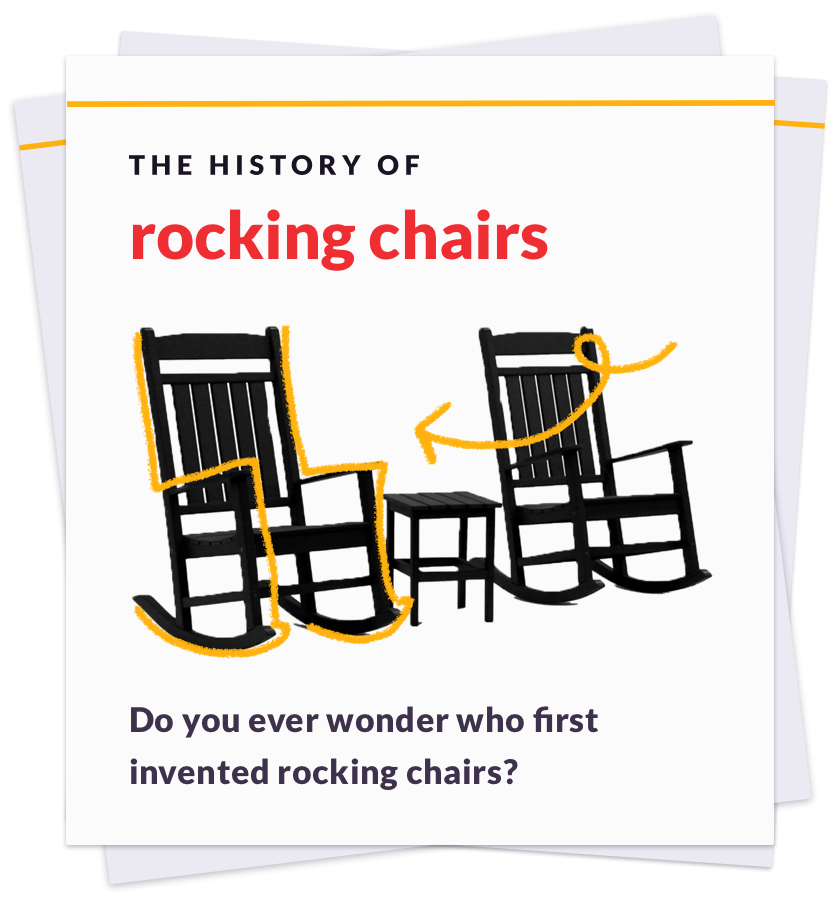Martin Luther King Jr.’s "I Have a Dream" speech is one of the most iconic and inspiring addresses ever delivered. He famously gave his speech in front of a crowd of about 250,000 people at the 1963 March on Washington. His speech depicted the struggles of African Americans and incorporated references to everything from America’s Founding Fathers to the Bible. But it was the improvised ending, wherein he spoke passionately about his dreams of equality, that truly cemented his eloquent speech as one of history’s best and most successful orations. Today, it is still recognized as one of the defining moments of the Civil Rights Movement. But do you know the history behind the speech?
Origins
In 1963, King and A. Philip Randolph worked with the leaders of other civil rights organizations – Roy Wilkins of the National Association for the Advancement of Colored People (NAACP), Whitney Young of the National Urban League (NUL), James Farmer of the Congress on Racial Equality (CORE), and John Lewis of the Student Nonviolent Coordinating Committee (SNCC) – to organize the March on Washington. The event was scheduled to take place on August 28th and would consist of a mile-long march from the Washington Monument to the Lincoln Memorial coupled with speeches. The goals of the March included demands for the desegregation of public accommodations and schools; redress for violations of constitutional rights; and a federal works program to train employees.

Preparation
King knew that he would be one of the speakers at the March. In preparation for his speech, he sought out contributions from colleagues and also pulled successful elements from speeches that he had previously delivered. While the “I have a dream” portion of his speech had not been written down before, King had used it to great effect earlier that year when he addressed 150,000 supporters in Detroit. However, King did not have the final version of his famous speech ready for advance distribution on August 27th as many of his fellow speakers did. When he spoke, there was no written version or pamphlet – just his voice.
Famous Words
When the television cameras focused on King at the close of the March on Washington the following day, he began with the text he had prepared in his hotel room the previous night. However, halfway through his historic speech, King abandoned his prepared text. Around this time, Mahalia Jackson was heard encouraging King to, “Tell ’em about the ‘Dream,’ Martin.” While it’s unclear whether or not he heard her, King certainly did “tell ‘em.” Repeating the mantra “I have a dream,” King spoke from the heart, offering an inspiring oration that detailed his hopes and dreams for a better world. “I have a dream,” he said, “that my four little children will one day live in a nation where they will not be judged by the color of their skin but by the content of their character.” He spoke of the desire to “transform the jangling discords of our nation into a beautiful symphony of brotherhood.” He then closed with impassioned words from a traditional spiritual, “Free at last! Free at last! Thank God Almighty, we are free at last!”
A Lasting Impact
King’s televised speech was quickly identified as the crowning triumph of the successful March on Washington. It helped bring positive exposure to the Civil Rights Movement, and one year later, the Civil Rights Act of 1964 was passed. King’s speech was later added to the National Recording Registry in the Library of Congress in 2002. In 2016, Time magazine listed King’s inspirational and impassioned "I Have a Dream" speech as one of the ten greatest orations in history. And indeed, King’s legacy lives on in the message he delivered that day.



